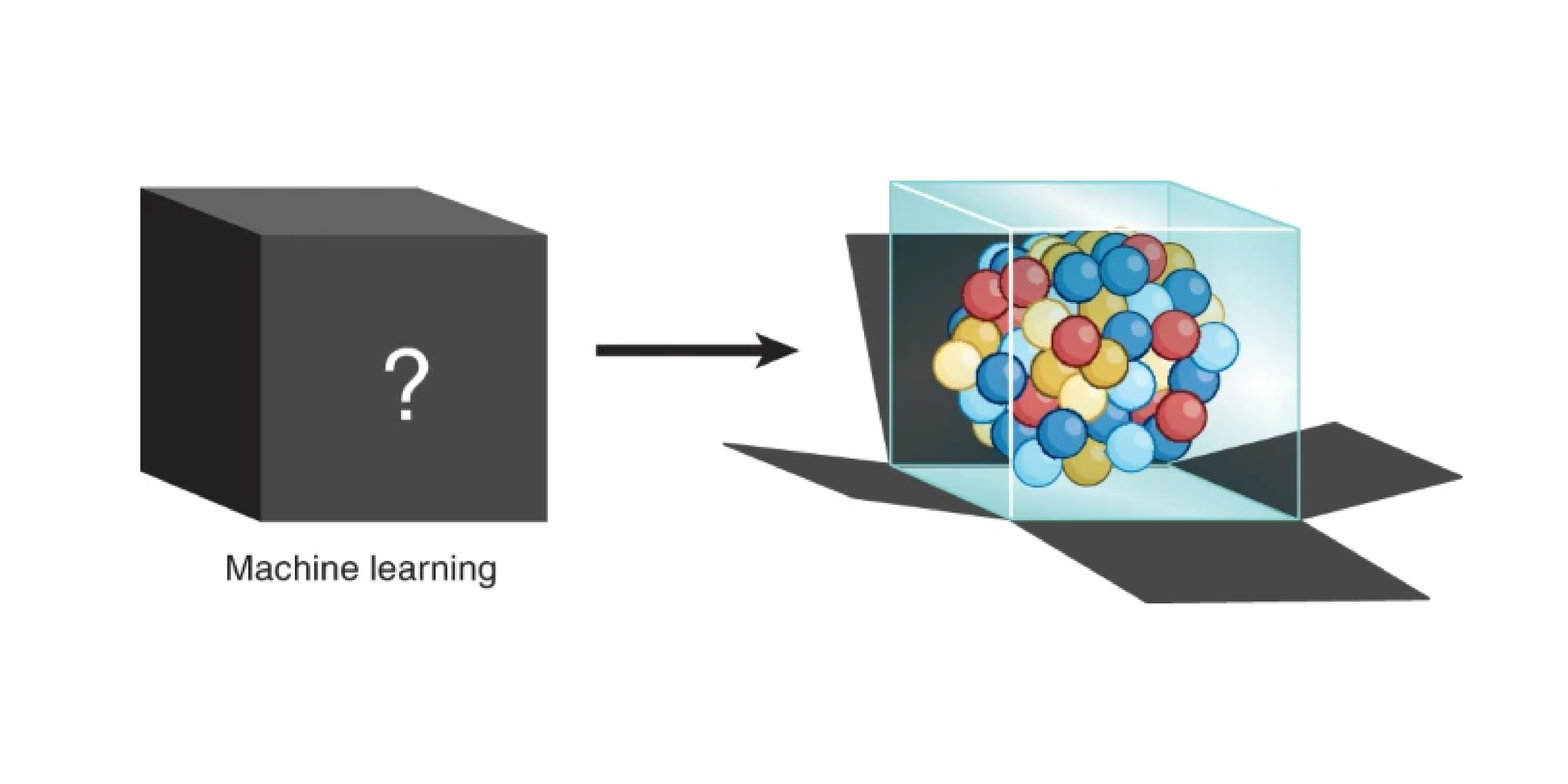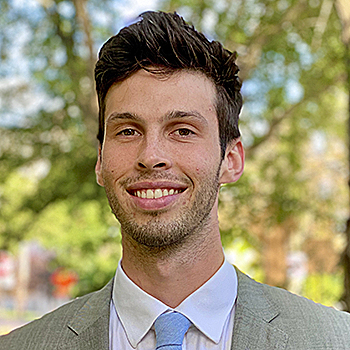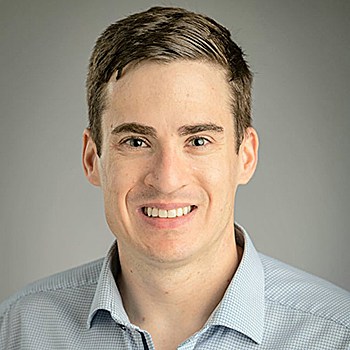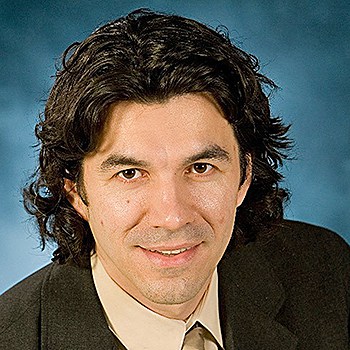Machine learning is a subfield of artificial intelligence that focuses on the development of algorithms that can self-learn from data. Applications of machine learning are growing across all fields of research, including heterogeneous catalysis. However, most applications of machine learning in heterogeneous catalysis so far use difficult to interpret black-box models to predict catalytic properties, which makes extracting scientific insights from these models challenging.
A recent perspective from professors Suljo Linic and Bryan Goldsmith and their co-advised PhD student Jacques Esterhuizen discusses recent advances in machine learning approaches for heterogenous catalysis and classifies them in terms of their interpretability.
“We describe in the paper how machine learning tools are progressing to be used not only to compute certain properties but also to derive and test new hypotheses and generate new knowledge. We are interested in developing algorithms that will guide us in uncovering the fundamental concepts in science and engineering,” said Linic.
The authors outline best practices for interpreting machine-learned results in heterogeneous catalysis, as well as identify several critical challenges facing practitioners who wish to interpret machine-learned results in heterogeneous catalysis related to integration with experiment, dataset size, model reusability, and explaining interpretations.
“Early applications of interpretable machine learning in catalysis highlight its promise for accelerating hypothesis formation, but there is certainly room for improvement, which will require future collaboration between experimental and computational chemists and material scientists and machine-learning experts,” said Esterhuizen.
There are many complex problems that further applications of interpretable machine learning will help to address. “We believe these approaches will aid the design of new materials for important reactions pertaining to energy and the environment, such as water splitting and CO2 conversion,” said Goldsmith.
The article can be found at Esterhuizen, Jacques A., Bryan R. Goldsmith, and Suljo Linic. “Interpretable machine learning for knowledge generation in heterogeneous catalysis.” Nature Catalysis (2022): 1-10.



